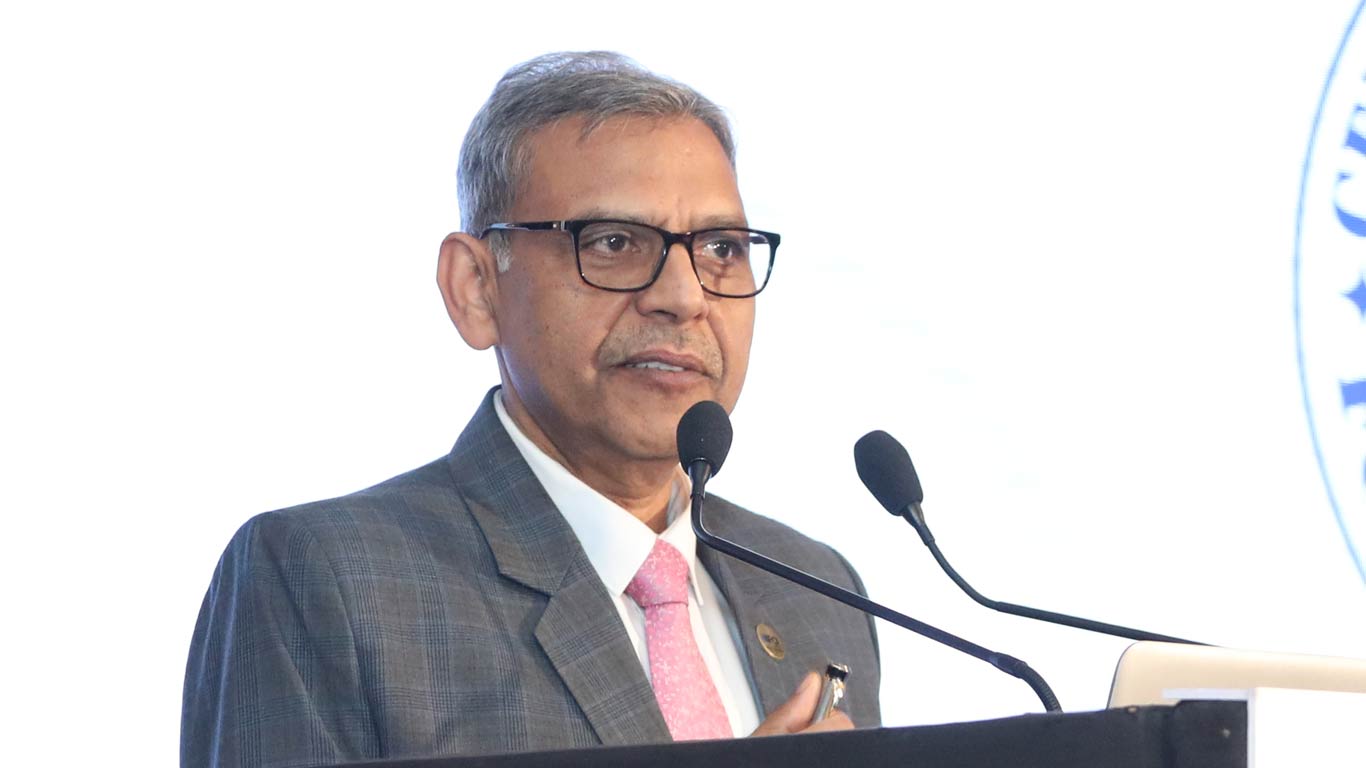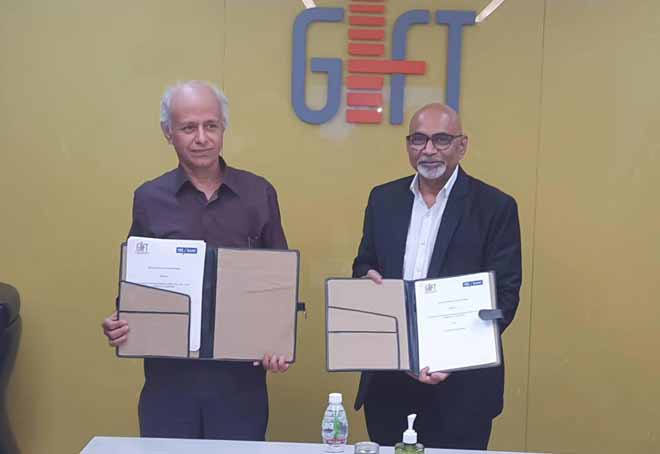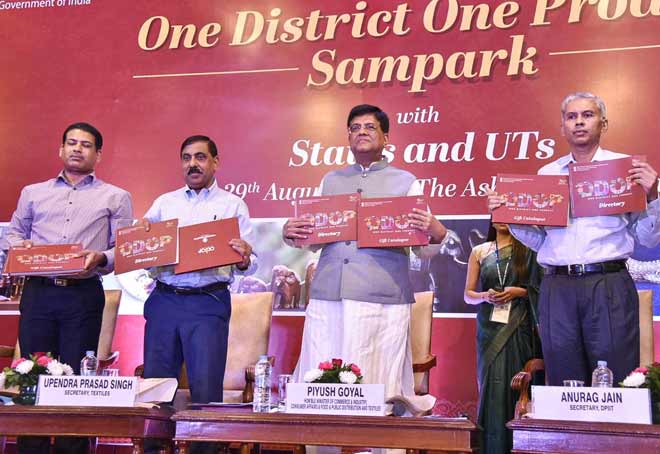Adaptation of international standards in business practices is vital: Thomas
Updated: Oct 14, 2013 03:07:03pm

Minister of Consumer Affairs, Food and Public Distribution, K V Thomas said this during his presidential address at World Standards Day seminar on International Standards Ensure Positive Change, here today.
“This is so because international standards bring in technological benefits and harmonize technical specifications of products and services making our industry more efficient to be able to break down technical barriers towards participation in international trade,” he said, according to an official notification.
“Successful adaptation to international standards of products is imperative to ensure interoperability of different components and products, which, as we find increasingly today, are manufactured for reasons of cost cutting by different manufacturers in different countries,” he added.
Calling upon the industry to adopt higher standards of products and services, he said that India was among the developing countries favoured the most by industries from around the world for its abundance of intelligence and affordable labour for part-manufacture of its products.
“Therefore, we have a greater reason to come forward to adapt our business practices to be in sync with international standards,” he reiterated.
The seminar has been organised by the Bureau of Indian Standards. Each year, 14th October is celebrated as World Standards Day by the members of the International Electro-technical Commission (IEC), the International Organization for Standardization (ISO) and the International Telecommunication Union (ITU).
It is a way of paying tribute to the collaborative efforts of the thousands of experts world-wide who develop the ‘voluntary technical agreements’ that are published as international standards.
The emphasis this year is on the need towards positive change that can only come about through acceptance and adaptation of international standards in our business practices. With global markets opening up to create enabling business environments that would spur our economic growth for India which is expected to be among the top three economies of the world by 2030, the seminar is certainly timely.
International bodies operating in global standardization activities, according to Thomas intend to help developing countries avoid “re-inventing the wheel,” by outlining best business practices to follow that foster shared socio-economic advance.
“The positive change they work towards encompass critical social, economic and environmental areas that have great relevance to survival of business enterprises such as energy utilities, energy efficiency, transportation, management systems which do not lose sight of consumers that are differently-abled, climate change, health care, information and communication technology,” he said.
A founder-member of the ISO, BIS is a vibrant contributor of its policy making bodies, participating in various technical committees of the ISO, while holding the Secretariat responsibilities of Hydrometric and Leather Technical Committees, and in the Sub-Committee on Spices and Condiments.
Thanks to BIS, Indian electro-technical standards are harmonized with the IEC standards wherever they exist to the extent possible in order to facilitate adoption of IEC standards by all segments of industry and business.
BIS has thus far formulated over 19,000 standards on diverse subjects ranging from food, chemicals, engineering and textiles to high technology areas of electronics with a focus on their conformity to international standards.
“The fact that these standards are formulated by consensus through a network of technical committees comprising different stakeholders like industry, research and development organizations, consumers, testing laboratories, government, etc ensures that these standards take into account the needs of all stakeholders and can, therefore, be implemented by all sections of society without any hindrance,” Thomas said.
Indian Standards are being developed with special attention to multidisciplinary areas such as health and safety, energy conservation, environmental protection, rural development, accessibility of persons with disabilities, etc all of which play a role in providing a better quality of life and driving towards positive change. (KNN/ES)











